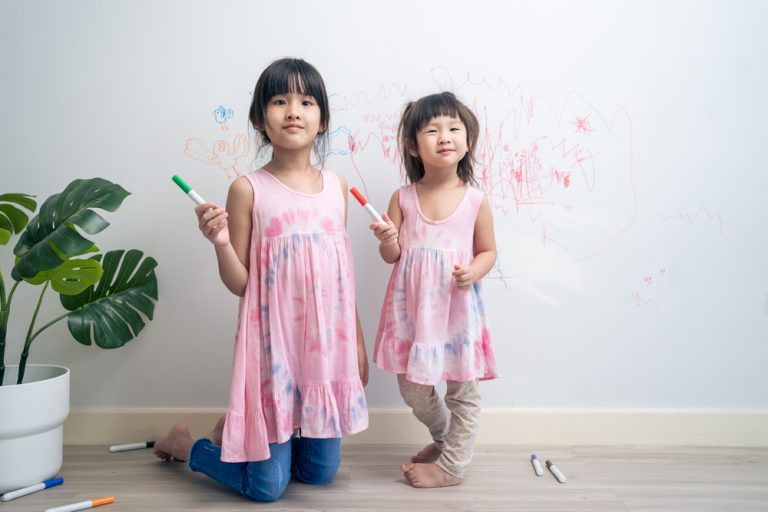
Methods of Disciplining Children
Written by: Ms. Chan-Chen Shu-an, Early Childhood Education Specialist Parents often wonder if there is an effective method for disciplining children. Drawing from personal experience, the author has gathered practical discipline methods to share with parents, hoping to assist them in disciplining children with different personalities. 1. Diversion Method Young children are easily influenced by external factors. When a child cries incessantly or insists on holding onto something, instead of engaging in a struggle, try using the diversion method. For example, if a child is crying non-stop, you can try pointing to the sky and saying, “Look, a big airplane is flying towards us.” Similarly, if a child is adamant about buying something in a toy store and refuses to leave, instead of pulling back and forth, say, “Look over there, some new and interesting toys,” diverting their attention so they are no longer insistent. 2. Persuasion Method Use the method of channeling water like Great Yu. Instead of blocking and resisting, it’s better to divert and open up. For example, with an energetic child, instead of forcing them to sit quietly and study, let them go outside to play ball, ride a bike, or take a walk before returning home to sit down and do homework. For a child who enjoys scribbling with a pen, instead of scolding and prohibiting, give them paper to draw on, satisfying their interest in drawing. 3. Venting Method If a child enjoys hitting others, let them hammer nails, play with a ball, or



